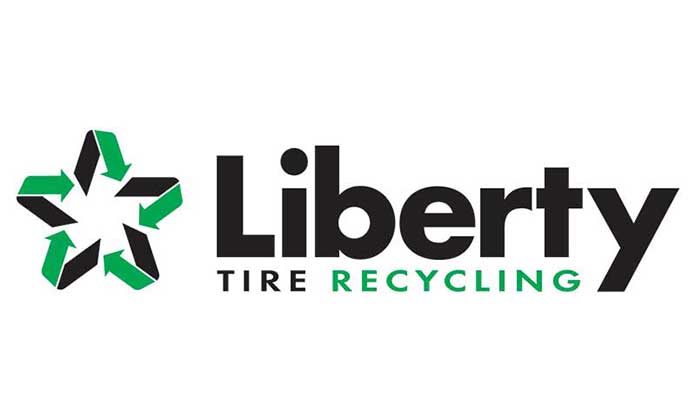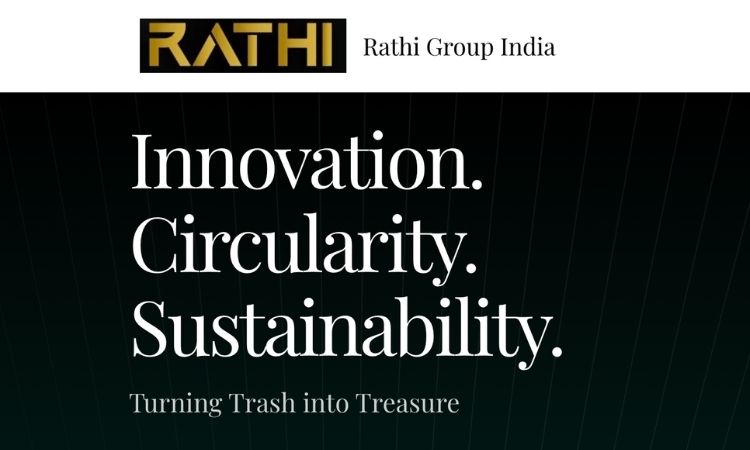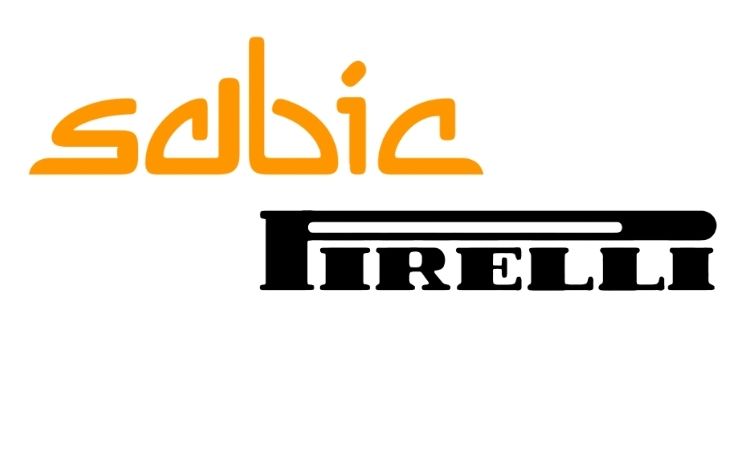Ontario’s road to sustainability and free market model for end-of-life tires
The issue of scrap tires is not new in Ontario. About three decades ago, Hagersville witnessed a massive tire fire for more than a fortnight. This created a severe threat to the environment; at the same time, it has led to development and promotion of sustainable tire recycling industry across Canada.
Ontario’s authorities faced an urgent need to come up with an efficient solution to tackle waste tire problem. They launched various tire-recycling initiatives and set up special institutions serving provinces making eco-friendly end-of-life tire disposal a priority. Ultimately, officials came up with the “free market” approach enabling independent operation of third party companies – this supports the resource recovery process. Not only Canada uses this method. Austria, Germany, Ireland and the UK are some of the countries that have turned to the approach.
Ontario's new requirements for tire recycling | Video by RPRA.
Ontario sells annually more than 12 million new tires. However, the Individual Producer Responsibility (IPR) model made the industry’s manufacturers witness great changes and follow new tire recycling law (Regulation 225/18) — it took effect on January 1, 2019.
Now companies have to register and function with the Resource Productivity and Regulatory Authority (RPRA) notifying the authority about performance and compliance. They also have to meet resource recovery standards for the collection and management of tires and provide a free, convenient tire collection network. Efforts to raise awareness about tire recovery is also a must. Producer Responsibility Organizations (PROs) are sometimes used to help tire producers to responsibly collect and manage waste tires.
PROs collaborate with service providers on behalf of tire manufactures. They manage collection and recovery of scrap tires, and can help with research and development. eTracks, incorporated by the Tire and Rubber Association of Canada (TRAC), is one of the PROs functioning in Ontario and it’s responsible for 80 percent of collection and recovery obligations.
Ontario now tends to view end-of-life tires mostly as resources rather than waste as it’s possible to process them and get valuable products such as crumb rubber, ground rubber, modified asphalt, gravel substitute. In addition, recycled products can be then used for construction projects, or in paving flooring and so much more.
Article by Recycling Product News.
Weibold is an international consulting company specializing exclusively in end-of-life tire recycling and pyrolysis. Since 1999, we have helped companies grow and build profitable businesses.









